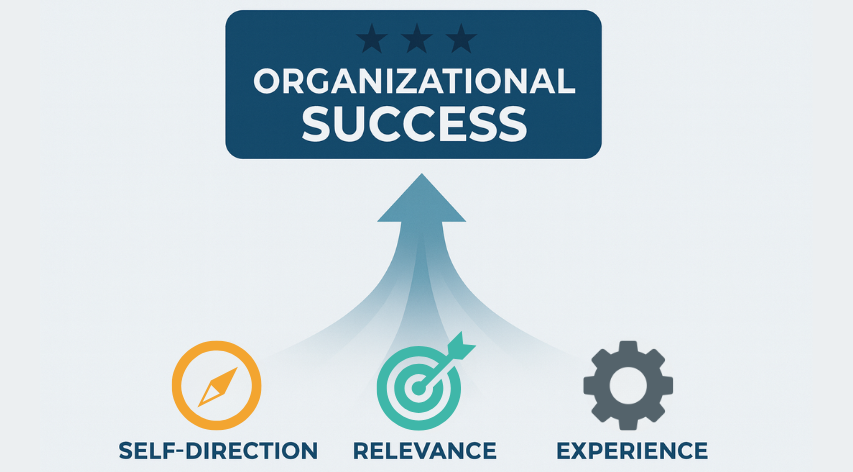Incorporating Views of the Future into Investment Decisions – Comparative Energy Economics of Regional Factors, Estimates and Assumptions
With an abundant pipeline of hydrogen projects, we discuss the factors determining which become a reality and how levelized cost is used as a financial metric to guide their comparison and readiness for success.
Levelised Cost of Hydrogen (LCOH) is an expansion of the discounted cash flow methodology to calculate the lifetime production costs incurred per unit produced and presented as a discounted net present value with units such as €/kg or $/MWh.
Incorporating regional, process, policy and scale impacts allows LCOH to be used for investment decision-making for traditional, green and blended hydrogen production routes. Comparing the range of LCOH between projects indicates the relative competitiveness and weaknesses.
As a trusted advisor, Becht is well-placed to combine technical and economic assessment to help our client’s in developing their projects for practical and financial success. Becht’s foundation of engineering, costing and infrastructure capabilities alongside strategic analysis gives a pragmatic view of project viability in an environment of rising project costs and economic uncertainty.


When building the discounted cash flow calculations for LCOH, the core considerations of yield, capex and power costs are included alongside financial and operating impacts, such as:
- Taxes, incentives and subsidies
- Inflation, project financing and depreciation rates
- Operating and maintenance costs, production efficiency and capacity
A robust feasibility study not only selects technology and regional advantages such as power, policy and industrial demand; but also takes a realistic view of the future for a client.
Utilizing sensitivity analysis to take a view of the future ranges of factors allows for competitive advantages and reliance on over optimistic scenarios to be identified.
Becht’s Strategic Business Planning capabilities take a practical review of the technical, economic and regional factors influencing the development of attractive LCOH projects. A track-record in adding-value to industrial transactions, projects and operations is ideal for incorporating hydrogen projects into existing industrial systems.

Europe and America’s progress beyond the feasibility stage of projects has required balancing the cost of meeting regulatory and compliance obligations against strategic financial support.
Industrial confidence in executing projects at scale combined with regional demand and resource advantages in the Middle East and Asia have led to low LCOH projects gaining traction.
Africa and Oceania must ensure a compelling combination of factors to develop their abundant feasibility project pipeline into the financial investment decision stage and beyond. Highlighting that regions isolated from industrial demand will struggle to dilute technical risks with rising costs and reliance on export shipping further degrading the economic outcomes.
Demand from refining and ammonia production is a key-driver for countries in developing projects successfully with financially attractive levelized costs of hydrogen at scale; aiding those best-placed to supply over-land by pipeline and shielding projects from market uncertainty.

Contact Becht to discuss how your hydrogen project can benefit from a multi-disciplinary approach to achieve a competitive levelized cost. Contact Becht /about-us/#







